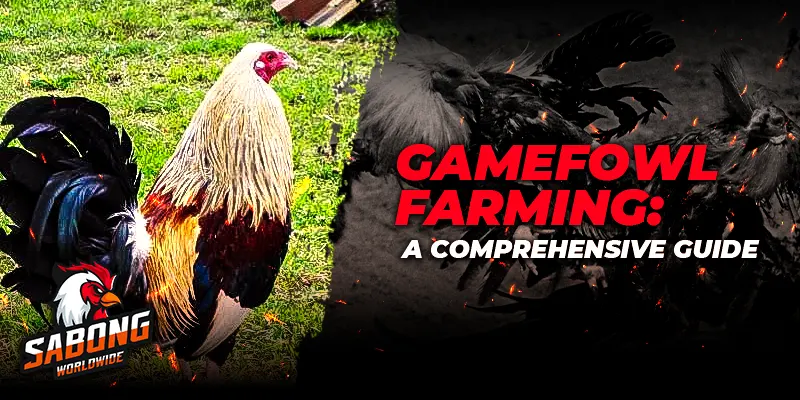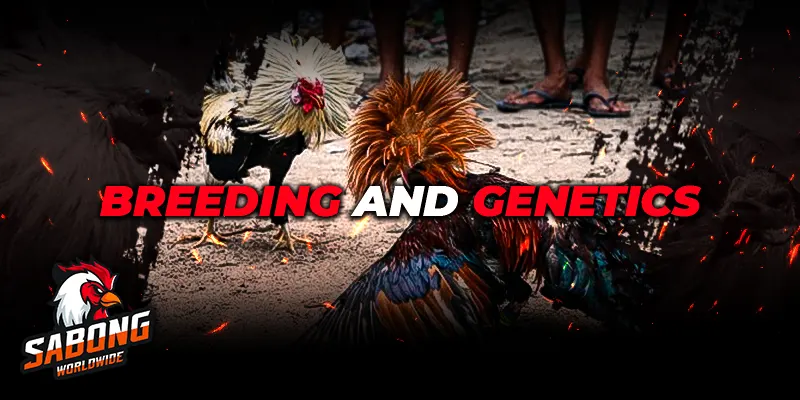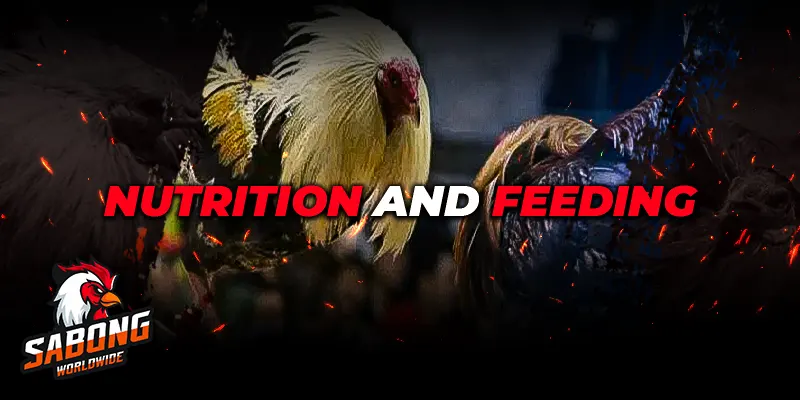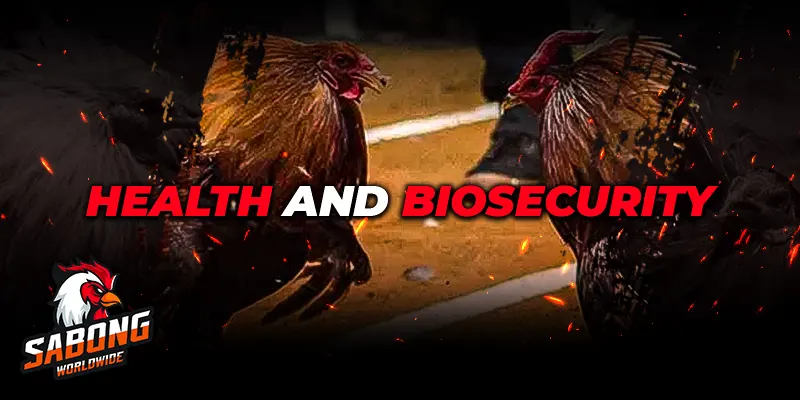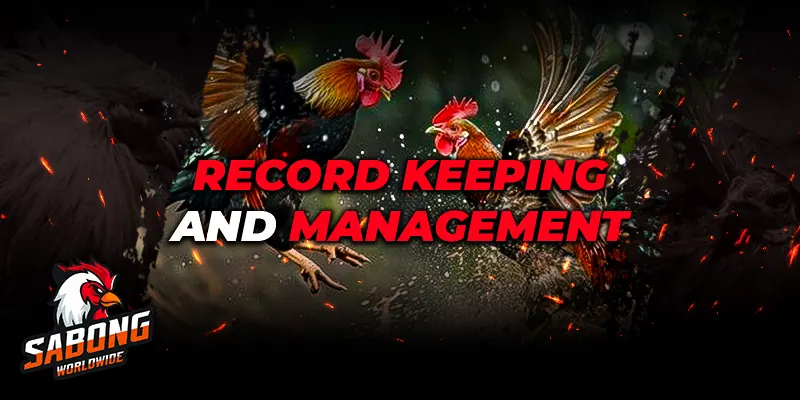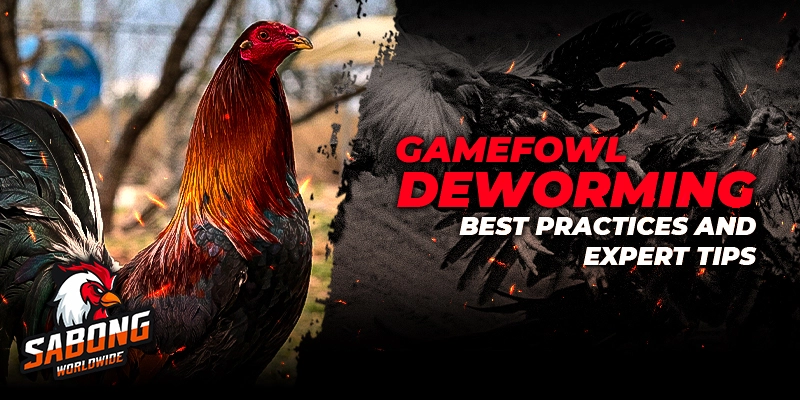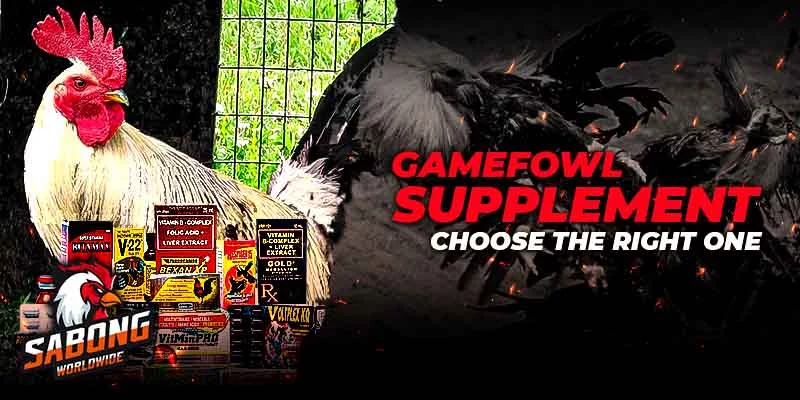Turning a passion for gamefowl into a professional farm involves more than just caring for birds; it requires expertise in breeding, managing the birds’ health, marketing, and handling administrative duties. Successful gamefowl farming depends on understanding genetics for breeding superior bloodlines, providing optimal care and nutrition, and developing effective marketing strategies to reach potential buyers.
This comprehensive approach helps maintain high standards in breeding and care, builds a strong market presence, and contributes positively to the gamefowl community.
Breeding and Genetics
At the core of any successful gamefowl farm lies a strong breeding program. We focus on:
Bloodline Selection and Maintenance: It is important to carefully select and preserve proven bloodlines with traits like gameness, strength, and stamina. Maintaining detailed pedigree records aids this process.
Breeding Strategies and Techniques: Employing methods such as linebreeding, outcrossing, and selective culling allows us to concentrate on positive traits while managing genetic diversity.
Incubation and Hatching: Ensuring optimal conditions during artificial incubation and hatching maximizes hatch rates and chick vigor. Proper egg handling, temperature, and humidity control are critical.
Genetic Diversity Management: To avoid issues like inbreeding depression, we actively introduce new bloodlines and maintain sufficiently large breeding populations to promote genetic variation.
Culling and Selection Criteria: A stringent selection of only the best individuals exhibiting ideal physical traits, health, and performance characteristics shapes superior gamefowl generations.
Housing and Facilities
Providing a secure, low-stress environment tailored to our flock’s unique needs is essential.
- Coop Design and Construction: Our coops prioritize ample space, ventilation, ease of cleaning, and robust predator-proof construction to ensure bird safety and comfort.
- Pen and Run Requirements: Spacious pen and run areas allow birds to express natural behaviors like foraging while providing sufficient space to prevent overcrowding stress.
- Environmental Control Systems: Purposeful facility design regulates temperature, humidity, lighting, and air quality, promoting optimal living conditions.
- Sanitation and Hygiene: Rigorous sanitation protocols prevent disease outbreaks, including regular cleaning and disinfection of coops, nesting areas, and equipment.
- Facility Biosecurity Measures: Limiting visitor access, quarantining new arrivals, and other biosecurity practices protect our flocks from potential disease introductions.
Nutrition and Feeding
Providing complete, balanced nutrition fuels growth, development, and competitive performance.
- Nutritional Requirements by Life Stage: We carefully formulate customized rations to meet the specific protein, energy, vitamin, and mineral needs of chicks, growers, breeders, and stags.
- Feed Formulations and Rations: In addition to utilizing high-quality commercial feeds, we may develop custom rations incorporating specialized ingredients like hydrated sporulated plant proteins.
- Feeding Schedules and Regimens: Consistency is key. Establishing and adhering to structured feeding schedules based on life stage optimizes flock conditioning.
- Water Management: Access to clean, fresh water is vital. We maintain robust water quality and delivery systems while monitoring intake for potential health issues.
- Supplements and Additives: Incorporating supplements like probiotics, enzymes, immune boosters, or performance enhancers can provide an extra competitive edge.
Health and Biosecurity
Preventative health measures and stringent biosecurity protocols safeguard our valuable flocks.
Disease Prevention and Management: Understanding common gamefowl diseases allows us to implement effective vaccination programs, biosecurity practices, and treatment responses.
Vaccination Programs: Staying current on recommended vaccinations against illnesses like Newcastle, Fowlpox, and Infectious Bronchitis is critical.
Parasite Control and Deworming: Regular deworming and parasite control minimize external pests like mites and internal worms that can severely impact flock health.
Quarantine and Isolation Protocols: Strict quarantine procedures for all new bird introductions and prompt isolation of sick individuals contain disease spread.
Flock Health Monitoring: Monitoring key indicators like physical condition, behavior, and mortality allows early detection and response to health issues.
Training and Conditioning
To maximize genetic potential and competitive advantage, comprehensive training is a must.
- Physical Conditioning Methods: Tailored conditioning regimens using free-range foraging, treadmills, and specialized equipment build stamina and strength.
- Sparring and Combat Training: Carefully supervised combat scenarios hone natural aggression, fighting tactics, and instincts for the pit.
- Handling and Socialization Techniques: Proper handling and socialization accustom birds to human interaction and situations, reducing stress and promoting confidence.
- Pre-Fight Preparation and Routines: Meticulous pre-fight protocols, such as calculated diet shifts and specialized grooming, ensure birds are in peak competitive form.
- Performance Enhancers and Supplements: Select supplements may promote increased muscle development, stamina, and recovery for elite performance.
Marketing and Sales
Operating a gamefowl farm as a business necessitates strategic marketing and sales efforts.
- Market Research and Analysis: Understanding customer demands, pricing dynamics, and competitor landscapes guides product development and positioning.
- Branding and Promotion Strategies: Establishing a strong brand identity reinforced through advertising, events, and promotional campaigns raises product awareness.
- Sales Channels and Platforms: Leveraging a mix of direct sales, online marketplaces, auctions, and other channels maximizes revenue potential and customer reach.
- Pricing and Revenue Models: Carefully calculating costs and implementing strategic pricing models like premium bloodline tiers drive profitability.
- Customer Relationship Management: Nurturing customer relationships through attentive service, communication, and loyalty programs fosters recurring sales.
Record Keeping and Management
Comprehensive record keeping facilitates informed decision-making and operational efficiency.
Pedigree and Breeding Records: Meticulously documenting genetic lineages, breeding activities, and progeny performance enables calculated breeding program optimization.
Health and Performance Tracking: Thorough recordkeeping of flock health events, treatments, and conditioning regimens supports continual improvement.
Financial and Operational Records: Tracking all expenses, sales, inventory, and operational data ensures fiscal responsibility and legal compliance.
Data Management Software/Tools: Leveraging digital management solutions streamlines record storage, analysis, and reporting for enhanced productivity.
Business Planning and Forecasting: Developing strategic business plans and performance forecasting models guides operational scaling and sustainable growth.
Legal and Ethical Considerations
Responsible gamefowl farming upholds stringent legal standards and ethical principles.
Regulations and Licensing: We comply with all relevant local, state, and federal regulations, obtaining necessary operational licenses and permits.
Animal Welfare Guidelines: Adherence to strict housing, care, and handling guidelines is non-negotiable for ensuring our birds’ well-being.
Ethical Practices: We condemn unethical activities like illegal trafficking while promoting fair competition and sportsmanship principles.
Responsible Ownership: As ambassadors of this tradition, we prioritize responsible ownership, sharply contrasting from any negligent or abusive practices.
Environmental Sustainability: Implementing sustainable farming methods like waste management and minimizing environmental footprints is important.
Conclusion
In conclusion, gamefowl farming is a complex activity that requires a well-rounded approach involving many connected parts. From carefully planned breeding programs and strong biosecurity practices to thorough training routines and smart marketing strategies, each element is important for our operations’ lasting success and sustainability.
As keepers of this ancient tradition, we must maintain the highest ethical standards, prioritize animal welfare, and support responsible ownership practices. By following relevant regulations, using sustainable farming methods, and promoting a spirit of fair competition and sportsmanship, we help improve the integrity and reputation of the gamefowl community.
To discover more about ethical gamefowl breeding techniques, visit our trusted website at SabongWorldwide.

